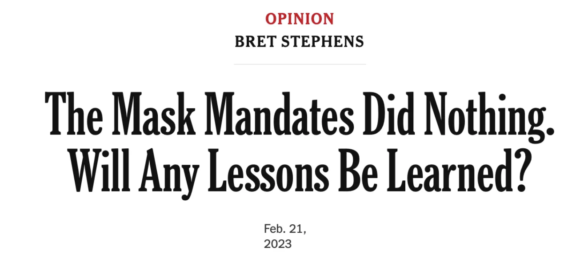There were multiple social media reports over the weekend from people saying basically, “a dude in a dress is in Relief Society.” These reports may or may not be true, but the point of this post is not to discuss that. This post instead addresses the inevitable time when guys in dresses will go to Relief Society and what the right response of faithful Latter-day Saints should be.
First, let’s make a point that is not obvious: not all cases of dudes in dresses going to RS are the same.
Let’s consider first Paul, who likes to be known now as Paulina. Paul has been in the ward for 15 years, and everybody knows him. He is a loner but a pleasant guy who always shows up for service projects and does his calling. He goes to the temple regularly. He has always been a bit effeminate. He has never dated any of the single women in the ward and seems very socially awkward, but overall a really nice guy. Paul disappears for a year and then comes back in a dress and asks people to call him Paulina. His hair is longer and he/she now has no facial hair. Same nice guy, now dresses like a woman. Because he/she is well-known in the ward, most people feel comfortable around him and lovingly do their best to accept him into the ward family. He/she still has a strong testimony but wants to go to Relief Society.
I think most people would not have an issue with Paulina going to Relief Society. (Or maybe not, tell me what you think).
(Before you give me a lecture on how unlikely this scenario is, I knew a guy just like this in the 1970s growing up in California, so it is not that unlikely at all. He/she was not a latter-day Saint but was a nice man who I knew personally who in the space of a year started calling himself a woman.)
Now let’s contrast Paulina with Pat, who is a political activist man dressed like a woman who shows up one day at church with an attitude, clearly intending to show what a bunch of bigots we Latter-day Saints are. He has a beard and a huge clearly fake bosom and wears a big Hawaiian muumuu. He sighs and makes comments from the back of Sacrament meeting and then announces he is going to Relief Society, and says, “let’s see if any of you Mormons can stop me.” Once he is there, he is noisy and disruptive and loudly asks impolite questions, accusing members of Relief Society of being “Molly Mormons.”
Now obviously Pat is an exaggerated character, but don’t be surprised if you hear of a person like Pat trying to disrupt RS sometime soon (and it may have already happened for all I know).
I hope we can all agree that this Pat character should be kicked out of Relief Society, right?
The point here is that our attitude toward a dude in a dress going to RS depends a lot on how this person behaves, or at least that should be a factor to consider.
Now, let’s see what the Church says on this subject.


